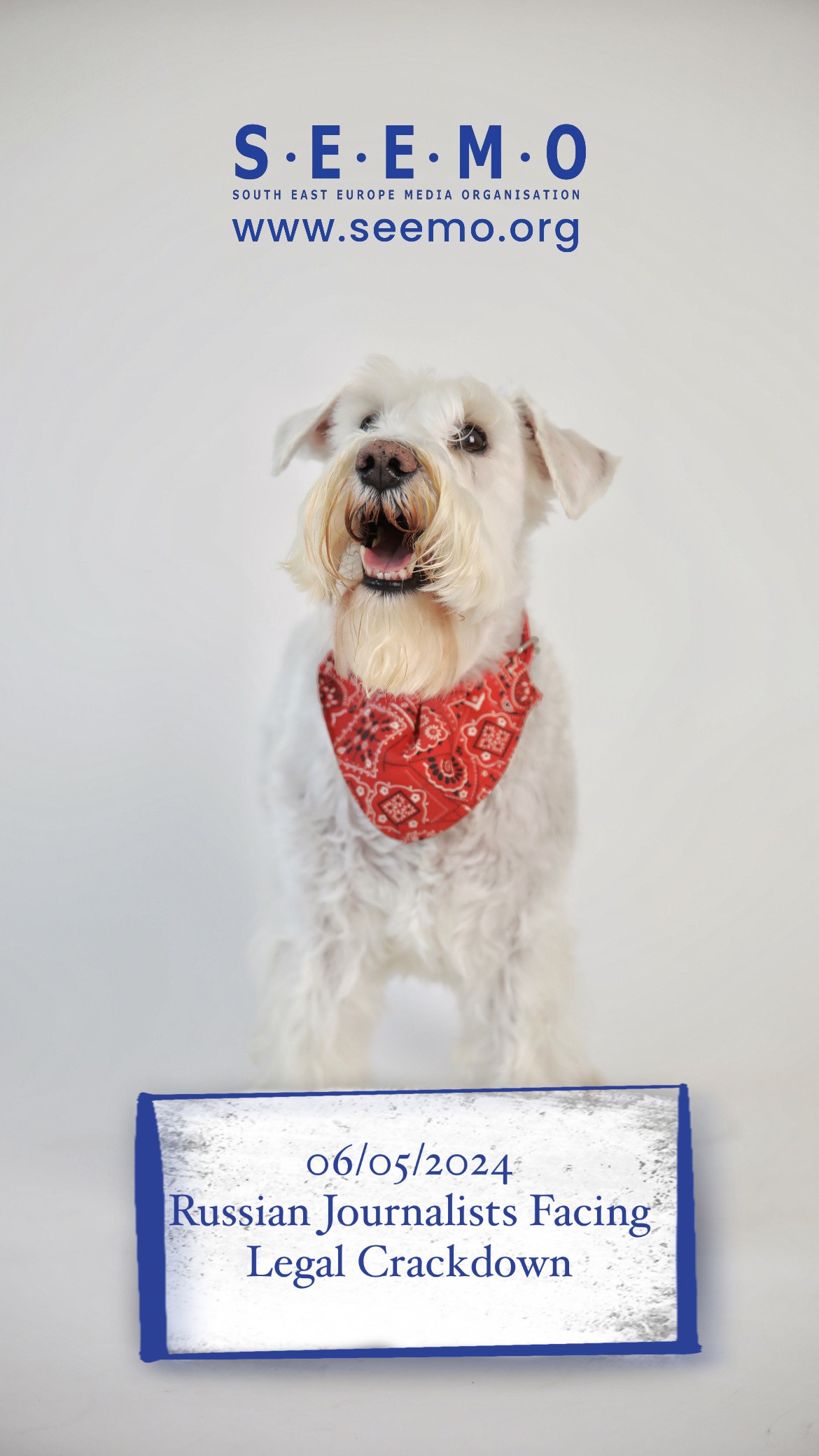Russian authorities have faced significant criticism following the legal proceedings against journalist Sergey Mingazov (Сергей Мингазов), associated with the Russian edition of Forbes magazine (https://www.forbes.ru/), the detention of journalists Konstantin Gabov (Константин Васильевич Габов) who has worked for Reuters (https://www.reuters.com/) and Deutsche Welle (DW – https://www.dw.com/en/top-stories/s-9097) and Sergey Karelin (Сергей Карелин) who has worked for DW and the Associated Press (AP News – https://apnews.com/).
The recent developments unfolded on 27 April 2024 when a court in Khabarovsk (Хабаровск), in east Russia, placed Mingazov under house arrest for a duration of two months as he awaits trial. The charges against him stem from allegations of spreading false information about the Russian armed forces, specifically related to reports on the civilian massacre in Bucha (Буча), Ukraine, in 2022. Mingazov’s purported offense was reposting these reports on the Telegram channel Khabarovskaya Mingazeta (Хабаровская Мингазета). If convicted, he faces up to 10 years in prison under Russia’s criminal code, which was amended following the country’s invasion of Ukraine in 2022 to include severe penalties for disseminating what is Moscow calling false information about the military.
Mingazov’s lawyer, emphasized the direct correlation between the charges against Mingazov and his journalistic activities. Authorities went as far as seizing electronic devices belonging not only to Mingazov but also to his family members during a search of his apartment. He also contested the court’s decision to prohibit Mingazov from accessing the internet, a move seen as further restricting his ability to engage in journalistic work.
In a separate but parallel development, freelance videographer Sergey Karelin and journalist Konstantin Gabov were detained on 27 April 2024 and subsequently placed under pre-trial detention for two months. The charges against them revolve around their alleged participation in extremist organizations, particularly for their involvement with Navalny LIVE (Навальный LIVE – https://www.youtube.com/channel/UCgxTPTFbIbCWfTR9I2-5SeQ), a YouTube channel linked to the late opposition figure Alexei Navalny (Алексей Навальный), who was a Russian opposition leader, and political prisoner. He died on 16 February 2024 in prison in Russia. Gabov was detained in Moscow (Москва), accused under Part 2 of Art. 282.1 of the Criminal Code of the Russian Federation (“Participation in an extremist community”), which can be punished up to 6 years in prison. Karelin was detained in the Murmansk (Мурманск) region on suspicion of collaboration with the Anti-Corruption Foundation, an organization initiated by Navalny with a position of a prohibited extremist organization in Russia.
The South East Europe Media Organisation (SEEMO) condemns the alarming trend of legal harassment and detention faced by journalists in Russia, as evidenced by the recent cases involving Sergey Mingazov, Konstantin Gabov, and Sergey Karelin. Placing Mingazov under house arrest for merely reposting reports about civilian massacres in Bucha and detaining Gabov and Karelin on dubious charges of association with “extremist” organizations sets a dangerous precedent that threatens press freedom and silences dissenting voices. SEEMO urges the Russian authorities to drop all charges against the journalists, release them immediately, and ensure the safety and protection of journalists who are essential for fostering democracy and accountability.
South East Europe Media Organisation (SEEMO) is a regional non-governmental, non profit network of editors, media executives and leading journalists in Southeast, South, East and Central Europe. SEEMO members are in Albania, Armenia, Azerbaijan, Belarus, Bosnia-Herzegovina, Bulgaria, Croatia, Cyprus, Czech Republic, Estonia, Georgia, Greece, Hungary, Kazakhstan, Kosovo, Kyrgyzstan, Latvia, Lithuania, Malta, Moldova (with the territory of Transdnestria), Montenegro, North Macedonia, Poland, Romania, Russia, Serbia, Slovakia, Slovenia, Tajikistan, Turkmenistan, Türkiye / Turkey, Ukraine and Uzbekistan. Austria, Italy, Vatican and San Marino have a special status in SEEMO. SEEMO has over 3000 individual members, and additional media as corporate members.
#fyp #mediafreedom #seemo #freespeech #southeasteuropemediaorganisation #ngo #journalist #russia #SergeyMingazov #KonstantinGabov #SergeyKarelin #journalistarrest #journalistinjail #journalistdetained #journalistunderarrest #SEEMO #pressfreedom #mediafreedom

